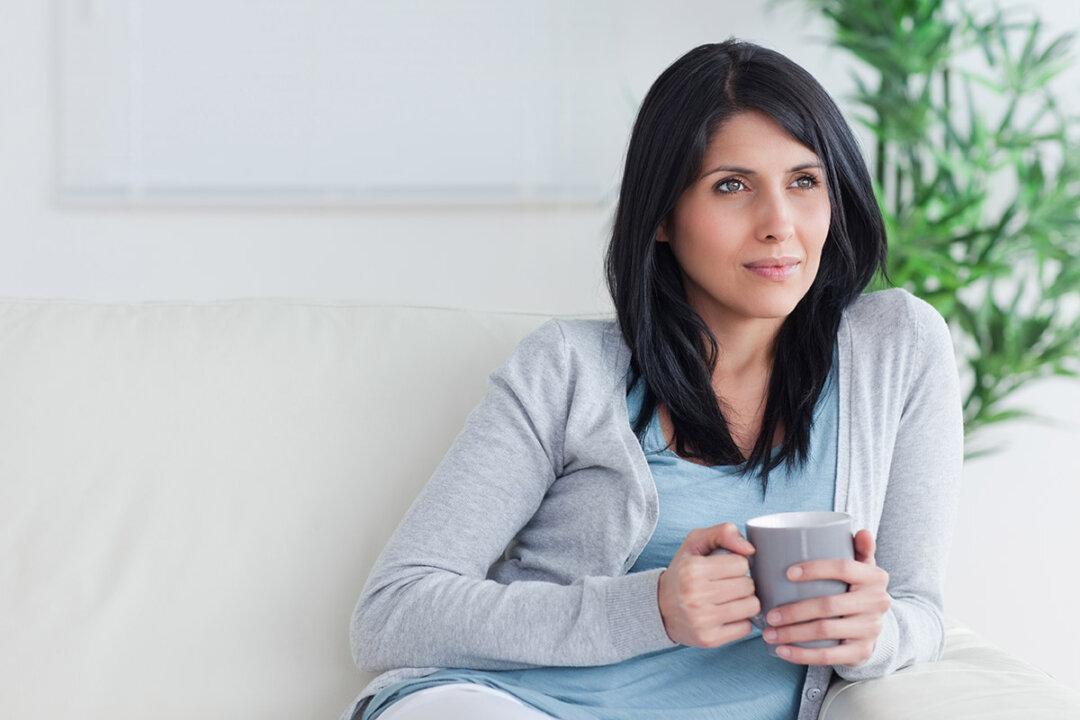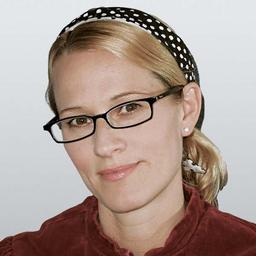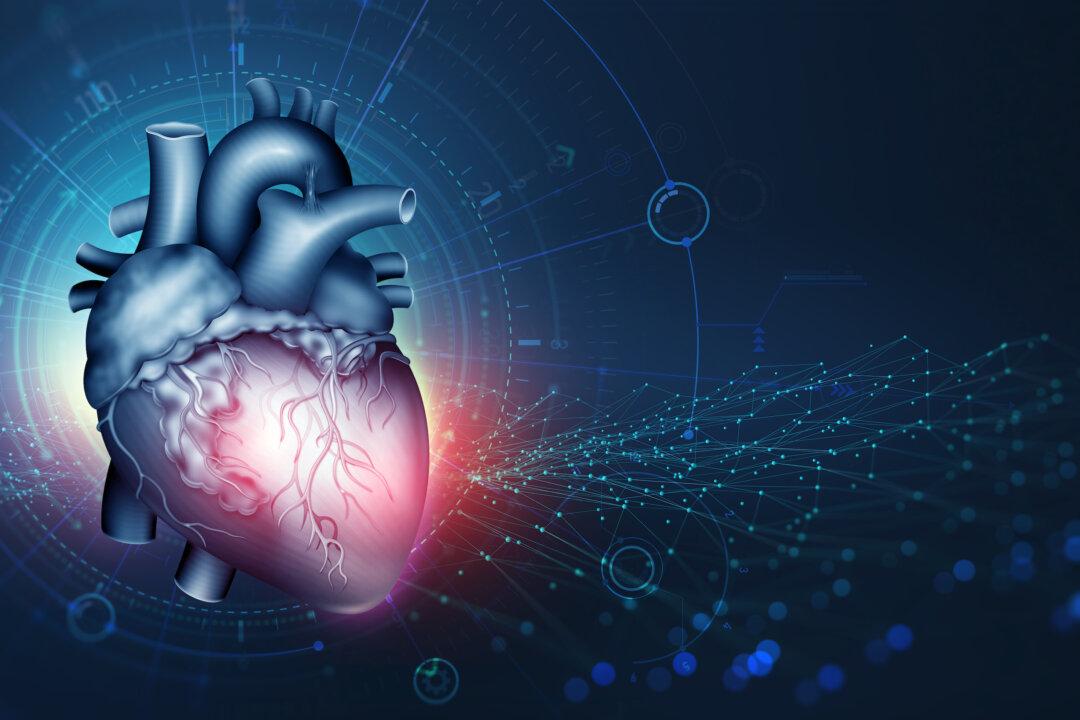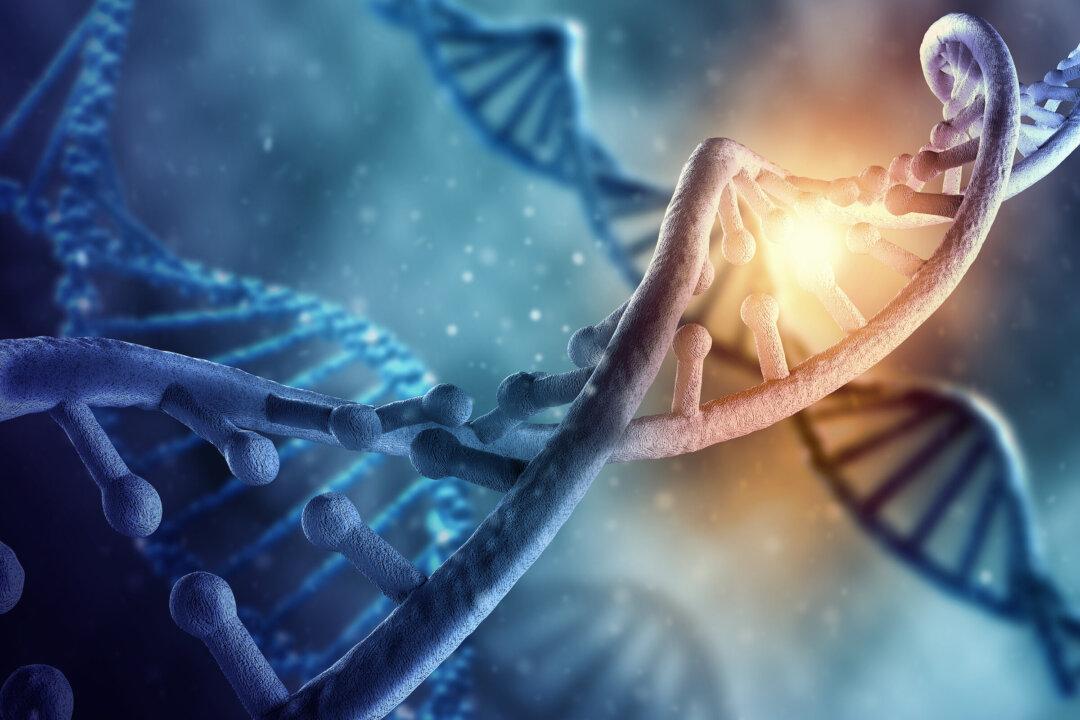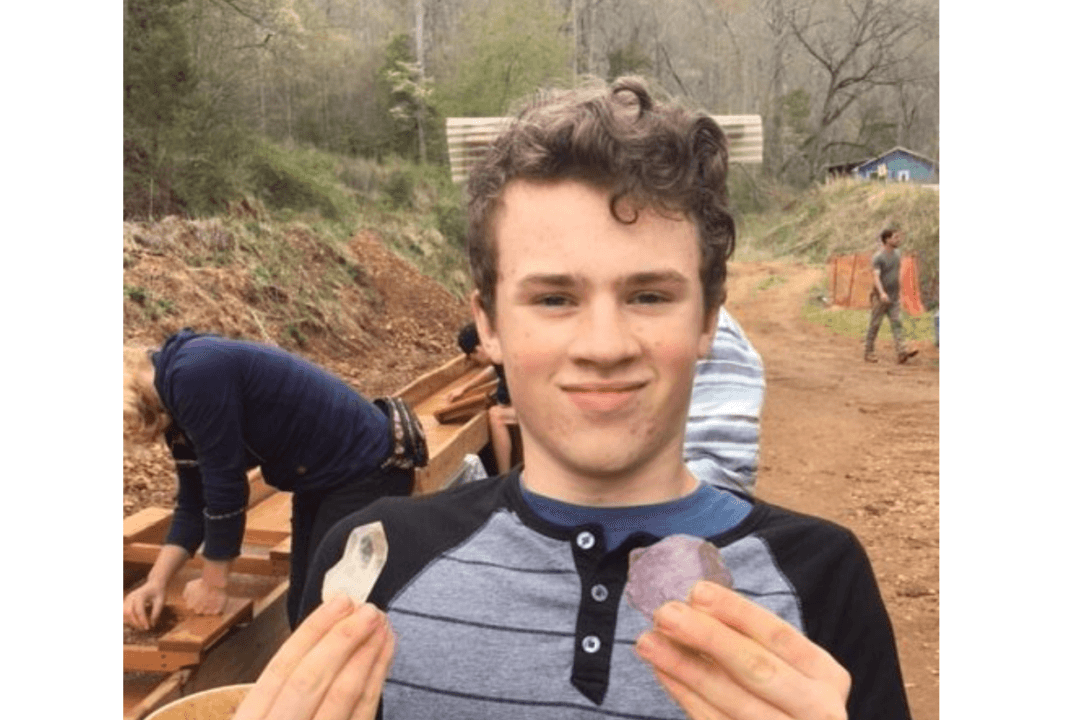Teresa, a fit and healthy mother of four, showed up at her spinning class with some bad news. Her forehead had broken out in blemishes and her muscles had turned soft after missing months of classes. Teresa wasn’t ill, but she was sick with worry over her sister, who lived across the country.
Her sister, who had begun chemotherapy for colorectal cancer nine months earlier, was due for her “last treatment,” but decided not go through with it.

